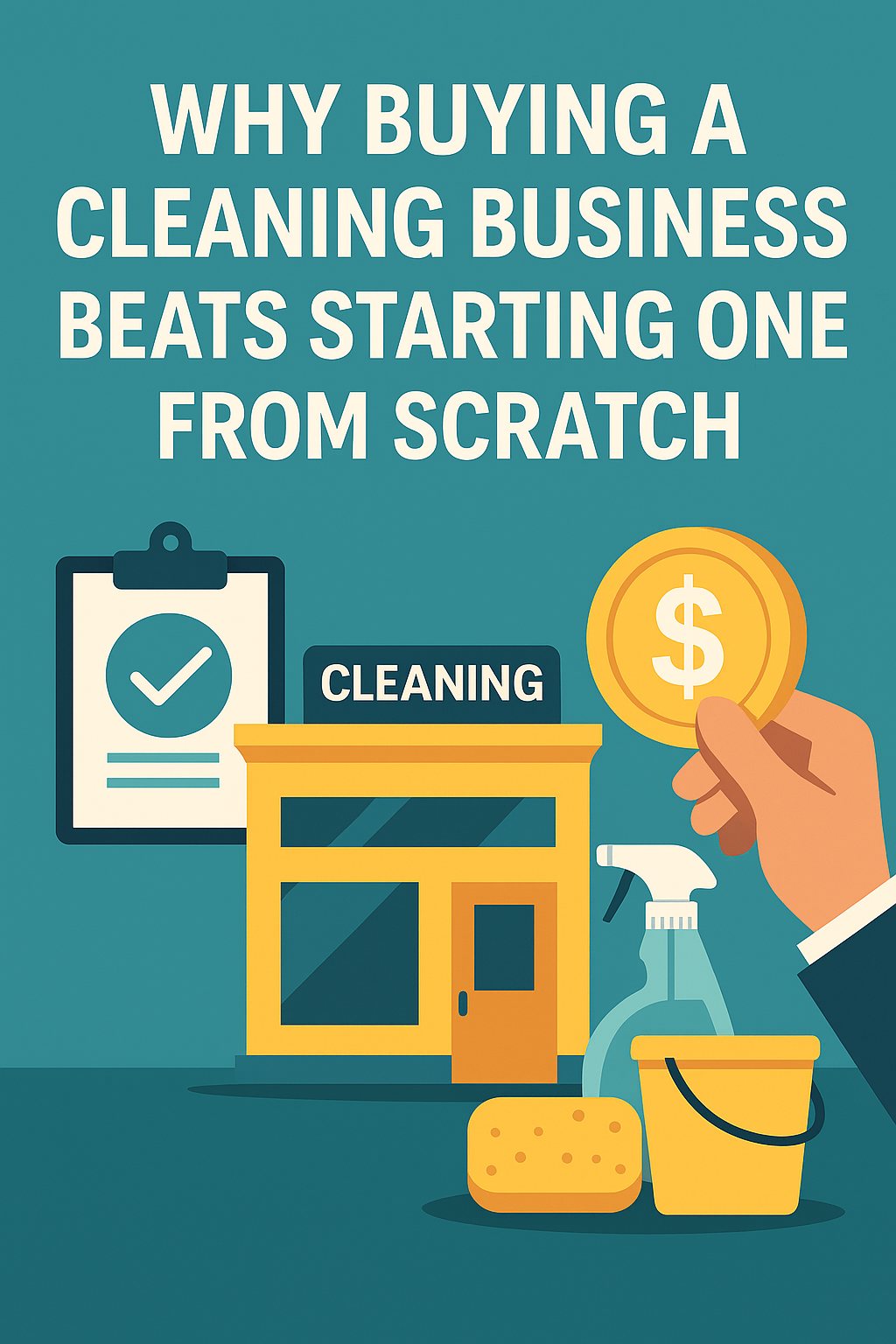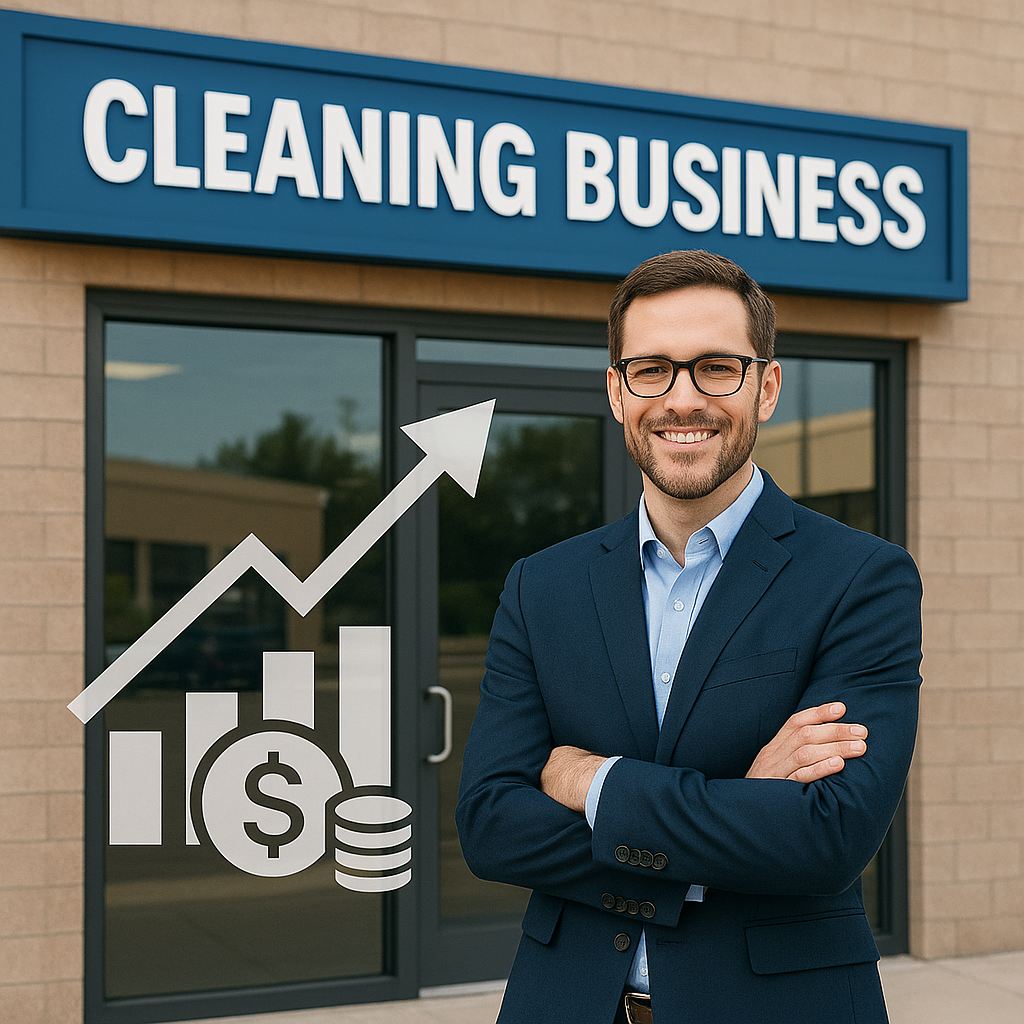Protecting Your Business from Day One
When starting a cleaning business, most entrepreneurs focus on finding clients, buying supplies, and getting their first jobs. However, one of the most important steps you should not skip is securing proper insurance and licensing. These essentials protect your business, build client trust, and help you operate legally. If you’re serious about long-term success, you will have to take a look at cleaning business insurance as well as cleaning business license to lay the foundation.
Why Insurance and Licensing Matter for Cleaning Businesses

Insurance and licensing do more than just cover you legally. They also help you appear professional and trustworthy to potential clients. A customer is far more likely to hire you if they know you are insured and properly licensed. Many commercial clients actually require proof of both before signing any contract.
In some states and cities, operating without a license can result in fines or legal issues. Similarly, not having insurance exposes you to costly liability in case of property damage or injury.
Types of Insurance You Should Consider
There are several types of insurance you may need when starting your cleaning business. Here are the most common:
General Liability Insurance: This protects you if you accidentally damage a client’s property or someone is injured because of your work. It’s often the first policy small business owners purchase.
Workers’ Compensation Insurance: If you have employees, most states require this type of insurance to cover medical bills or lost wages if an employee gets injured on the job.
Bonding Insurance: This is optional but can make your business more attractive. A bond guarantees that your client will be compensated if your services are not completed as agreed.
You can compare different policies and providers at websites like Insureon or Next Insurance, which are known for small business insurance options.
Licensing Requirements Vary by Location
There’s no one-size-fits-all license for cleaning businesses. Requirements vary depending on where you live. Some states may require a general business license, while others may also ask for a trade license or health permits, especially for commercial cleaning.
To find out what licenses apply to your area, check with your local city or county clerk’s office, or use tools like the SBA’s business license lookup.
How to Get Licensed and Insured Step by Step
-
Register Your Business
Choose a name and structure (such as sole proprietorship or LLC), then register your business with your state. -
Apply for Licenses
Contact your local government office to determine what permits and licenses you need. Complete the applications and pay the required fees. -
Research Insurance Options
Request quotes from multiple providers to compare coverage and pricing. Consider bundling policies for discounts. -
Stay Compliant
Once licensed and insured, keep your documentation up to date. Set reminders for annual renewals or policy updates.
Boost Your Credibility with Insurance and Licensing
Potential clients feel more confident working with insured and licensed professionals. By including this information on your website, business cards, and proposals, you demonstrate that your cleaning business is legitimate and reliable.
You can even highlight it in your marketing. For example: “Fully licensed and insured residential cleaning service in [Your City].” It adds credibility and can give you an edge over competitors.
Where to Go from Here
Starting a cleaning business may seem overwhelming, but you don’t have to do it alone. At BuyCleaningBusiness.com, we help new entrepreneurs skip the guesswork. Learn how our proven system works at How It Works, or see what other cleaning professionals are saying at our Reviews page.
By taking the right legal and financial steps today, you set yourself up for lasting success. Whether you’re just getting started or looking to scale, getting licensed and insured is the professional way forward.







